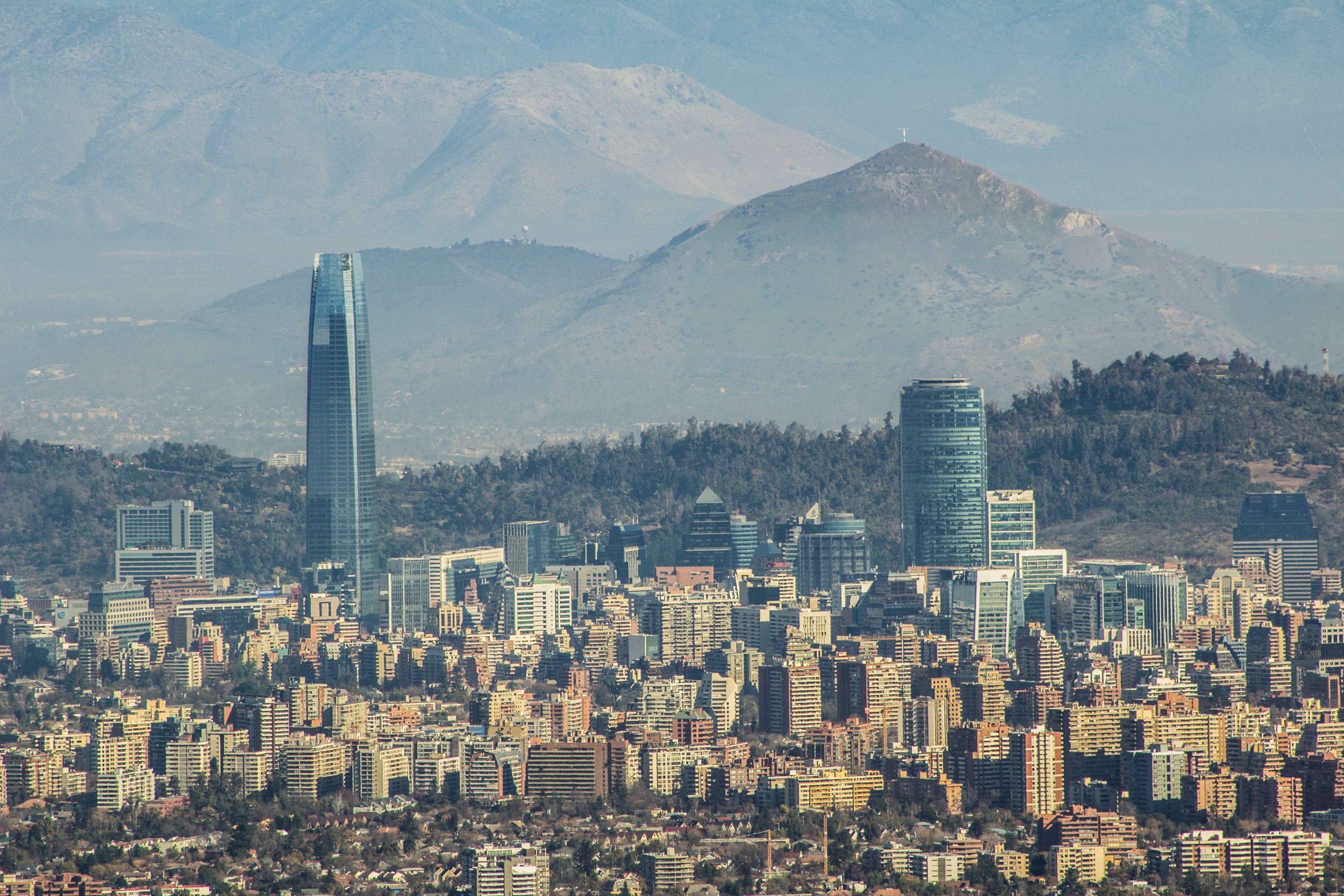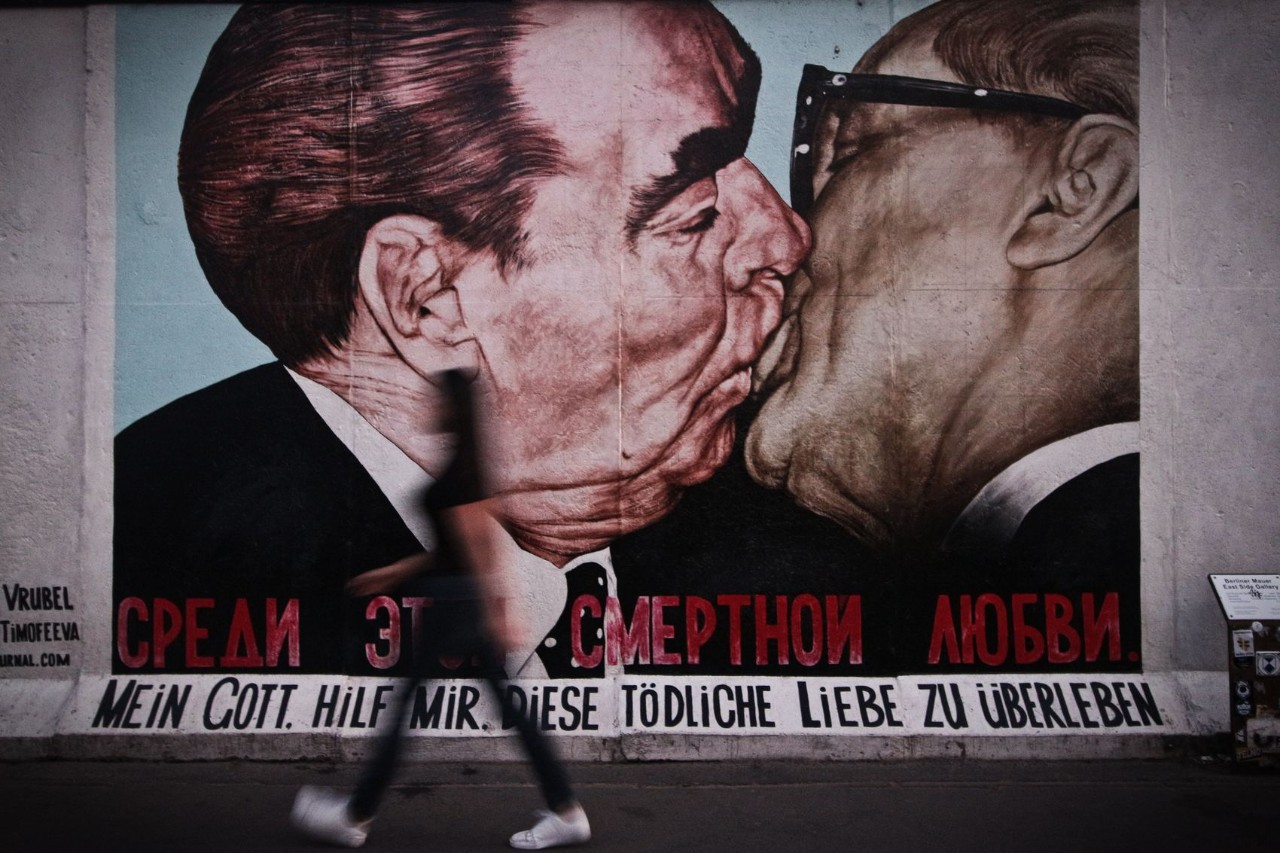
Chile: Widespread protests, contained risks so far
Since 18 October 2019, Chile has experienced its most violent protests in 30 years. While the trigger of the protests was a metro fare hike in Santiago, the root causes lie in the high income inequality (the highest in OECD member countries) and a middle class struggling to escape precariousness, despite robust economic growth (+3.1% on average over the past decade). In the coming weeks, looting risks will remain high and major transport and supply chain disruptions are likely. Small companies in specific sectors such as public transportation, supermarkets and retailers may face financing problems. The government has hence put forward a “new social agenda”, pledging for instance to raise the minimum pension by 20%, cut prices of medicines for the poor, and guarantee a monthly minimum wage of USD480. To finance such an agenda, President Piñera announced he would raise the income tax from 35% to 40% for those earning more than USD11,000 a month and a cut in public officials’ wages. We see little sizable impact on national economic activity so far. Yet, protests have not stopped, and if strikes continue, especially at the country’s largest copper mine, we could see a stronger negative impact on growth, just like in 2017.















